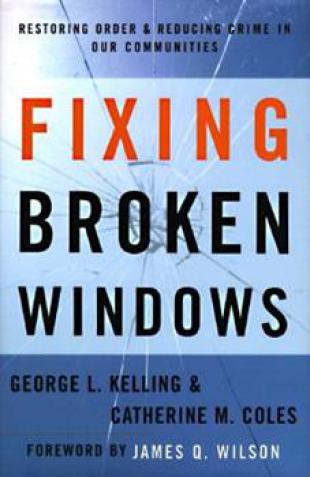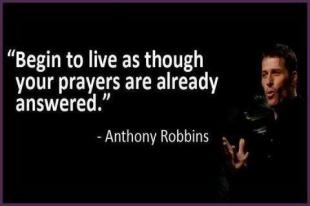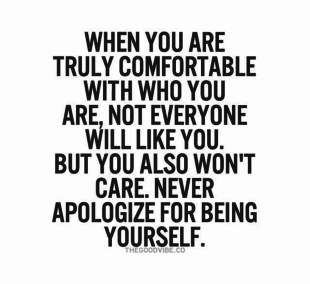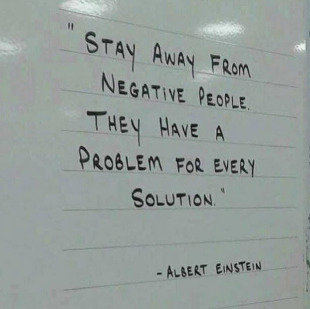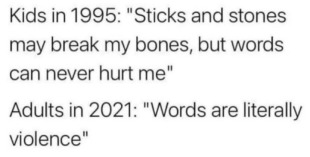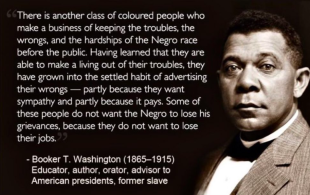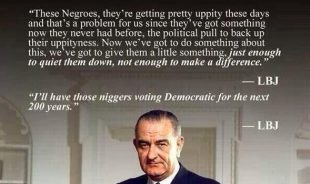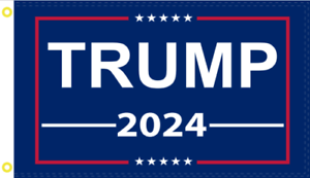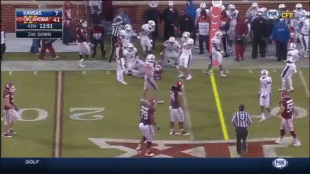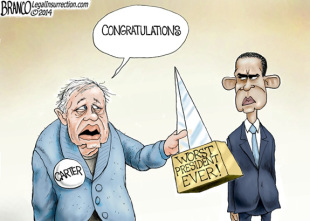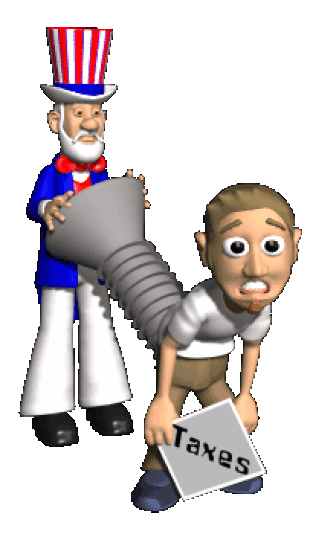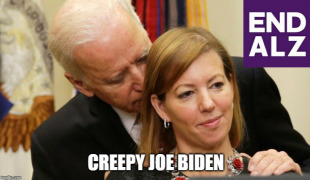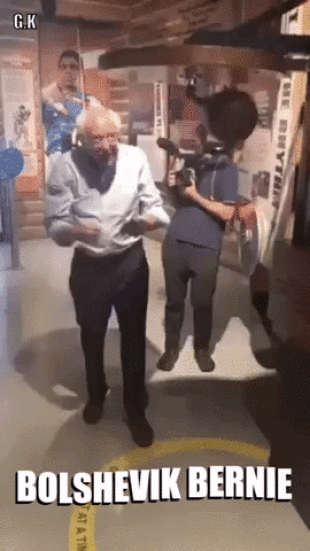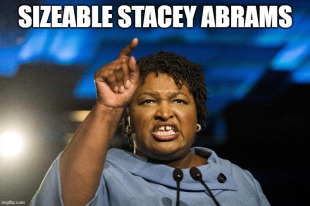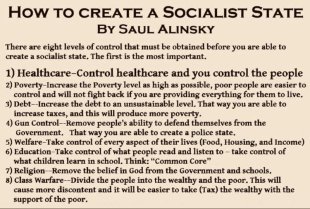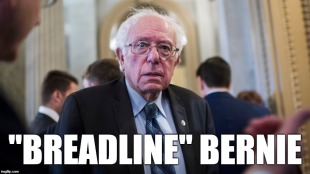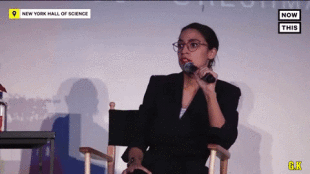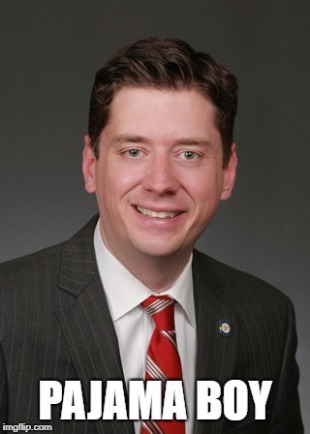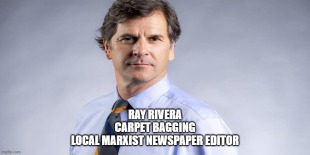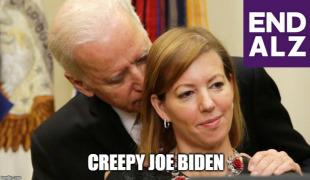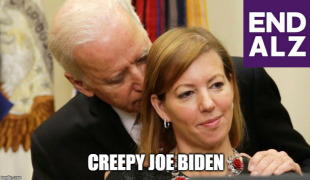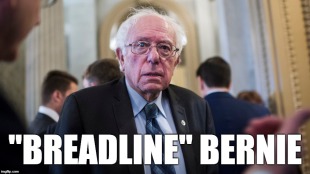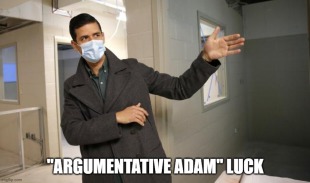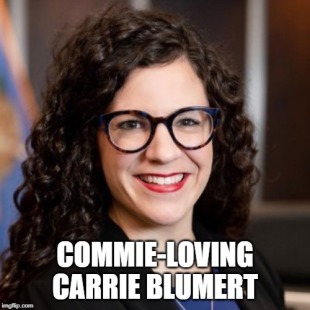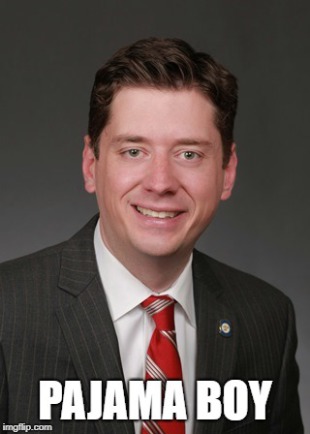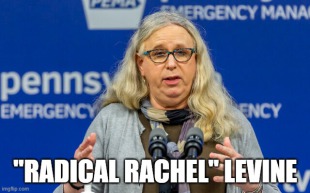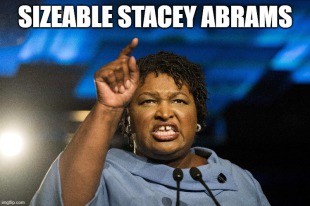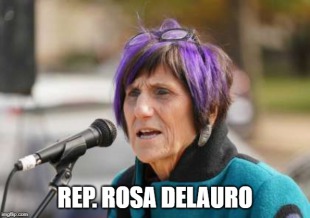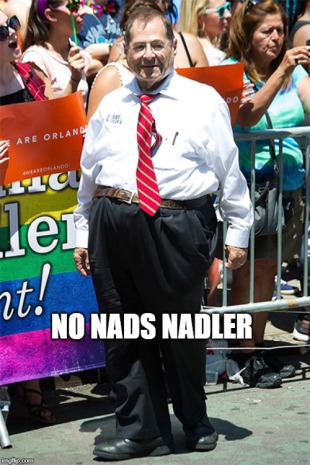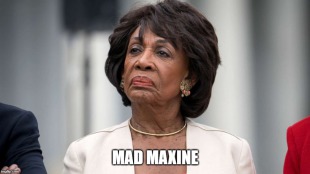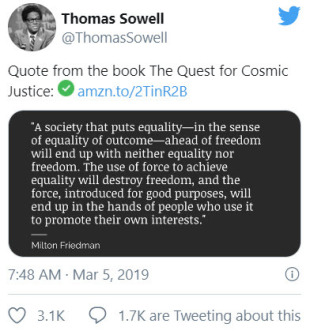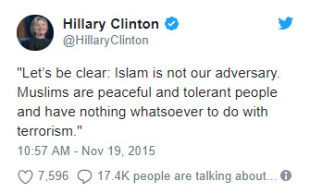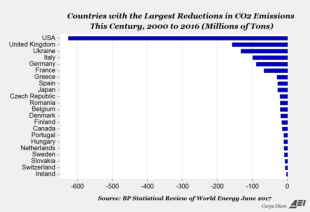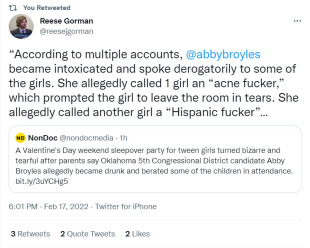The Minimum Wage and Real-World Examples of How It Destroys Jobs, Hurts Workers https://t.co/dJRmv3gQ5L
— CNSNews.com (@cnsnews) October 18, 2018
Thank you @IWF for this story.
— Eric Bolling (@ericbolling) January 15, 2018
In a free market, wages will find their own level- ie, where supply meets demand. Any artificial pressure up (or down) destroys the free market. Prices spike, consumers suffer. https://t.co/4ZfXvjX5t6
September 4, 2017
If a $15 minimum wage led to a reduction in restaurant cleanliness, would a $20 minimum wage make us all violently ill ??
August 21, 2017
Who Does a $15 Minimum Wage Help?
August 14, 2017
July 14, 2017
Applebee’s Franchisee lays out brutal truth about minimum wage hikes
March 21, 2017
States that raised their minimum wages this year are underperforming in job creation.
August 13, 2016
Reforming the Youth Minimum Wage
May 19, 2016
California’s Unprecedented Minimum Wage Increase Will Hurt Vulnerable Workers
February 4, 2016
Minimum Wages Surged In 6 Cities Last Year - Then This Happened (From Jed Graham – Investors Business Daily)
Liberals fighting for a dramatic increase in the minimum wage have insisted that there would be a negligible impact on job creation. Though the data are preliminary and overly broad, Washington D.C., Oakland, Los Angeles, San Francisco, Seattle and Chicago seem to be finding out that the reality isn’t so benign.
August 10, 2015
Lifting Workers Out of Poverty: The Minimum Wage versus the Earned Income Tax Credit (From National Center for Policy Analysis - Joshua Latshaw)
Because negative employment effects offset wage increases, the minimum wage is projected to alleviate poverty for only 0.1 percent to 0.5 percent of the population, whereas the Earned Income Tax Credit currently alleviates poverty for 3 percent of the population. Thus, the EITC is a preferable tool for fighting poverty because it encourages individuals to earn income and develop employable skills.
June 22, 2015
Raising the Minimum Wage For Fast Food Workers (from e21 – Economic Policies for the 21st Century - Diana Furchtgott-Roth)
Minimum wage jobs are jobs meant for training new or low-skilled works to enter into higher paying jobs within the labor market. Raising the minimum wage reduces job opportunities, encourages outsourcing, and increases prices. This will severely inhibit the ability of these workers to find jobs at all, thus keeping them from ever advancing in the labor force. Raising the minimum wage is bad policy.
April 9, 2015
Tax on Low-Wage Jobs: Fewer Jobs, Higher Prices
New proposed legislation calls for taxing businesses that either can’t or don’t pay $15 per hour. This guarantees only one thing: fewer jobs for the people who need them most. As we’ve seen after Seattle passed a $15 minimum wage, businesses have been forced to shut down or move out. When that happens, employees aren’t better off - they’re out of a job. As wages are pushed higher, industries that must keep prices low to attract consumers will find ways to automate jobs.
April 8, 2015
On The Enactment of a “Living Wage” In Kansas City
Minimum-wage laws are popular. In 2014, four states (Alaska, Nebraska, South Dakota, and Arkansas) voted to increase their states’ minimum wage by large margins. People in favor of raising the minimum wage argue that it will help poor and low-income families. Most people, me included, want higher wages for everybody. However, mandating a higher minimum wage as a way to improve the economic conditions of poor families is suspect.
Adobe Acrobat document [229.3 KB]
March 23, 2015
The Minimum Wage and the Great Recession: Evidence of Effects on the Employment and Income Trajectories of Low-Skilled Workers
Between July 23, 2007, and July 24, 2009, the federal minimum wage rose from $5.15 to $7.25 per hour. Over a similar time period, the employment-to-population ratio declined by 4 percentage points among adults aged 25 to 54 and by 8 percentage points among those aged 15 to 24. Both ratios recovered slowly following the recession’s conclusion, and young-adult employment remains well below its pre-recession peak. We find that this period’s binding minimum wage increases reduced low-skilled individuals’ average monthly incomes. Relative to low-skilled workers in unbound states, targeted workers’ average incomes fell by $100 over the first year and by an additional $50 over the following 2 years.
Adobe Acrobat document [89.2 KB]
March 11, 2015
Seattle’s $15 minimum wage law a factor in restaurant closings
Adobe Acrobat document [621.2 KB]
February 23, 2015
Has the Minimum Wage Kept Up With Inflation?
Washington state’s inflation-adjusted minimum wage is 125 percent higher today than when it started. Based on when it started, the inflation-adjusted minimum wage in 2014 would be $4.20 an hour. Washington’s automatic minimum wage increases on January 1st are tied to the highest measure of inflation in the state: the Consumer Price Index for Urban Wage Earners in Seattle. The real minimum wage for many people is zero, because they can’t get the skills or work experience to compete for jobs at the state-mandated level.
Adobe Acrobat document [144.6 KB]
December 04, 2014
Minimum Wage: Budgetary Savings vs. Labor Market Costs
The idea that the U.S. should raise the minimum wage in order to save the federal government money is misleading and completely ignores the policy’s labor market costs. While the U.S. does spend a considerable amount of money on working families, raising the minimum wage would barely reduce outlays in safety net programs because it would do little to help those in need. Moreover, increasing the minimum wage would be detrimental to job creation as it would cost 2.2 million in new jobs and keep workers from earning about $19.8 billion each year. Clearly the labor market costs of raising the federal minimum wage far outweigh its minimal budgetary benefits.
Adobe Acrobat document [1.3 MB]
November 25, 2014
Raising Wisconsin's Minimum Wage: Who Would Be Helped? Who Would Be Hurt?
While Wisconsin has done a better job than most states of coming to grips with the future pension and health care costs of its employees, it still faces considerable budget pressures there and throughout the rest of its budget. For the federal government the budget situation is considerably more dire. Ultimately, to boost the income of low-skilled workers, we need to boost their skills. But in the meantime, merely mandating that they get paid more is a facile solution to the problem of poverty in America that hurts many of the people such a law ostensibly should help. It’s time we had a more honest accounting of the cost of the minimum wage and the rest of our anti-poverty programs and decide how society can best allocate its resources in both the short run and the long run to address this problem.
Adobe Acrobat document [6.4 MB]
November 19, 2014
Examining the Effects of a Minimum Wage on the Labor Market … An Experiment
This document includes worksheets and an instructor guide for performing a minimum wage experiment in the classroom. The goal of the experiment is to inform students about the pros and cons of price controls like minimum wage law, private innovation like efficiency wages, and the free market system affect workers, firms, and unemployment.
Adobe Acrobat document [430.3 KB]
October 28, 2014
October 20, 2014
Minimum Wage Increases in the States are Unrelated to Job Growth
Out of the 13 states that increased their mandated minimum wage, 12 experienced job growth in 2014. Of those, only four ranked among the top states for job growth. National experts predicted these four states would have the nation’s strongest job growth this year as the result of thriving industries, well before these states’ minimum wage increase went into effect.
Adobe Acrobat document [250.1 KB]
October 6, 2014
Nevada Man Calls Out Biden On Struggles Of Small Businesses (When was the last time that Joe Biden managed a small business ??)
September 10, 2014
Duke Professor: $10/hour Minimum Wage Would Cause Mass Layoffs, Slash Benefits
September 4, 2014
Would a $15 an hour minimum wage crush job creation?
July 30, 2014
A Federal Minimum Wage and the States
Despite warnings from the Congressional Budget Office that doing so will destroy up to 1 million jobs, the White House continues to advocate that Congress increase the federal minimum wage from $7.25 an hour to $10.10. Examining the proposal on a state-by-state basis reveals that most of the job loss would happen in the lower Midwest and South, where wages and costs of living tend to be lower. The federal minimum wage is a particularly blunt instrument to use to deal with the very real problem of stagnating incomes among the working class. Kentucky and New York may be part of the same country, but they are miles apart when it comes to their relative wages and costs of living. Having a wide range of minimum wages beats uniformity hands-down.
Adobe Acrobat document [4.0 MB]
July 28, 2014
Establishing a Minimum Wage for Contractors
The Department of Labor’s (DOL) proposed rule, “Establishing a Minimum Wage for Contractors,” is intended to increase efficiency and cost savings in work performed by federal contractors by raising the hourly minimum wage that contractors pay their workers. Research suggests that the rule is unlikely to achieve this goal – that, although an increased wage is correlated with increased productivity, the value of the increased productivity does not exceed the cost of the increased wage. The proposed rule suggests that increased wages cause increased productivity, but the research is either agnostic as to causal direction or suggests that causality runs in the opposite direction. Raising the federal contractor minimum wage can adversely affect the most vulnerable workers. Equally alarming, the rule as currently stated could be enforced in a manner so that its impact would extend to far more businesses than originally intended.
Adobe Acrobat document [183.2 KB]
July 24, 2014
Different groups of economists and analysts arrive at very different results in calculating the employment effects of a minimum wage increase. In recent years, the number of economists who favor a higher minimum wage has dramatically increased. The shift may have more to do with value judgments and pleasing a loyal audience than anything else. Whatever their extra-economic values may be, it is impossible for proponents of a higher minimum wage to argue that the policy they advocate would benefit everyone and harm no one. Someone must be harmed by an increased minimum wage – the level of naiveté required to argue otherwise does not bode well for the future of economics as a science.
Adobe Acrobat document [1.9 MB]
January 21, 2014
Many Members of Congress argue that the government needs to increase the minimum wage to give American workers a raise. But they misunderstand the nature of minimum-wage jobs. They are entry-level positions filled by employees with limited work experience and often few job skills. These workers need to demonstrate their reliability and acquire basic workplace skills before they can qualify for higher-paying jobs. As they gain these skills, they become more productive and earn raises and promotions. Two-thirds of workers in minimum-wage jobs earn raises within a year. Employees who acquire more experience receive faster raises. Minimum-wage increases cut off the bottom rung of these workers’ career ladders. They perversely increase inequality of opportunity, making it harder for inexperienced workers to get started in the labor market. A minimum-wage increase would hurt the very workers Congress wants to help.
Most Minimum-Wage Jobs Lead to Better-Pa[...]
Adobe Acrobat document [99.3 KB]
December 7, 2013
Looking specifically at how minimum wage relates to poverty, only 0.3 percent of people in families with incomes below the relevant 2011 federal poverty lines worked an hourly job and made at or below the minimum wage. The minimum wage does not help people in poverty who actually work. When examining the working poor, only 7.8 percent of all hourly-paid workers in poverty earn at or below the minimum wage. Since so few working people in poverty actually earn at or near the federal minimum wage, very few would benefit from a minimum wage increase. A look at the data reveals that a disproportionate number of people who earn minimum wage are teenagers in families that have incomes well above the national average.
Adobe Acrobat document [172.1 KB]
December 7, 2013
Another view on the minimum wage debate: President Obama and some Senators have proposed increasing the federal minimum wage to $10.10 per hour over the next two years—its highest level ever, after accounting for inflation. The proposed increase far outstrips the productivity growth of minimum-wage workers and would force employers to curtail hiring. Some proponents of the increase theorize that increased spending power for low-income workers stimulates the economy and offsets these job losses. However, conventional macroeconomic modeling shows that this minimum-wage hike would likely eliminate 300,000 jobs per year and reduce gross domestic product (GDP) by over $40 billion annually.
Adobe Acrobat document [235.3 KB]



